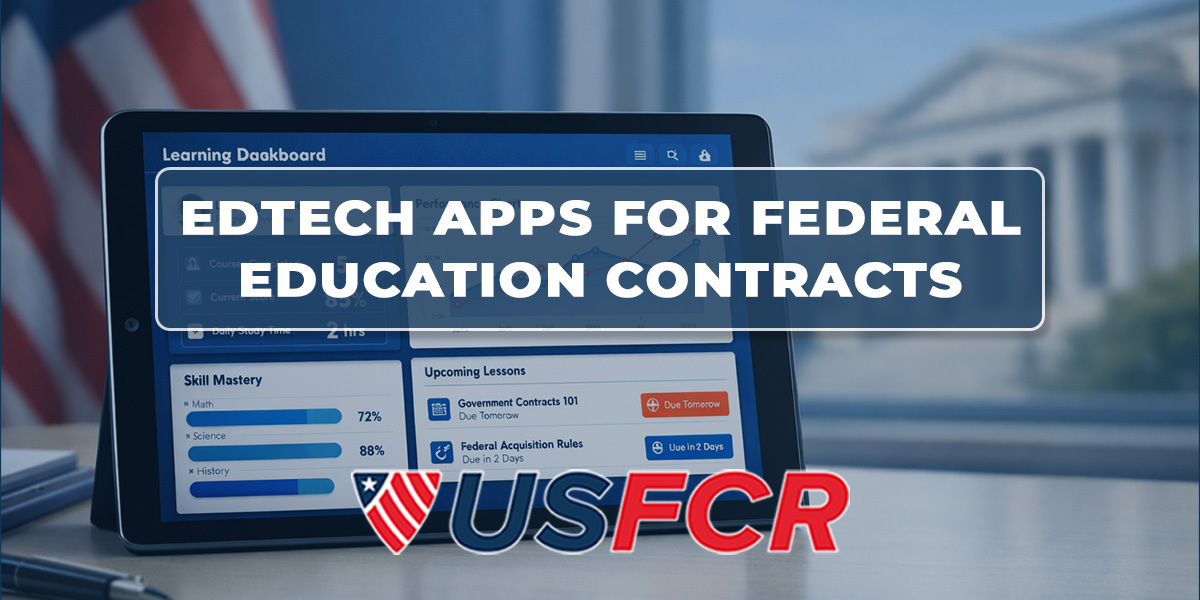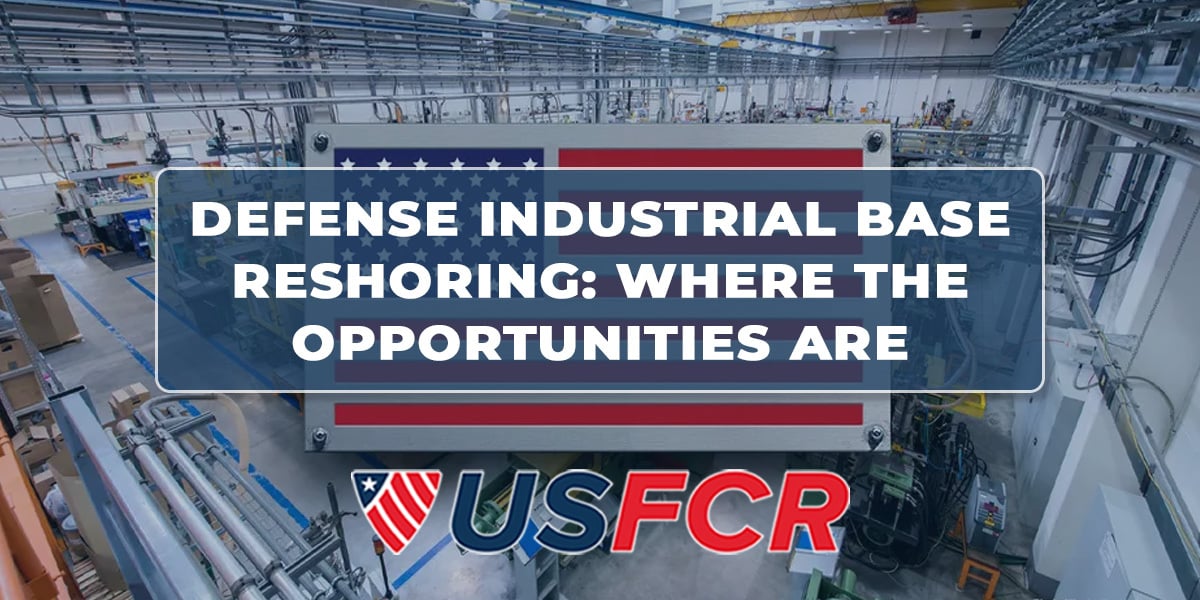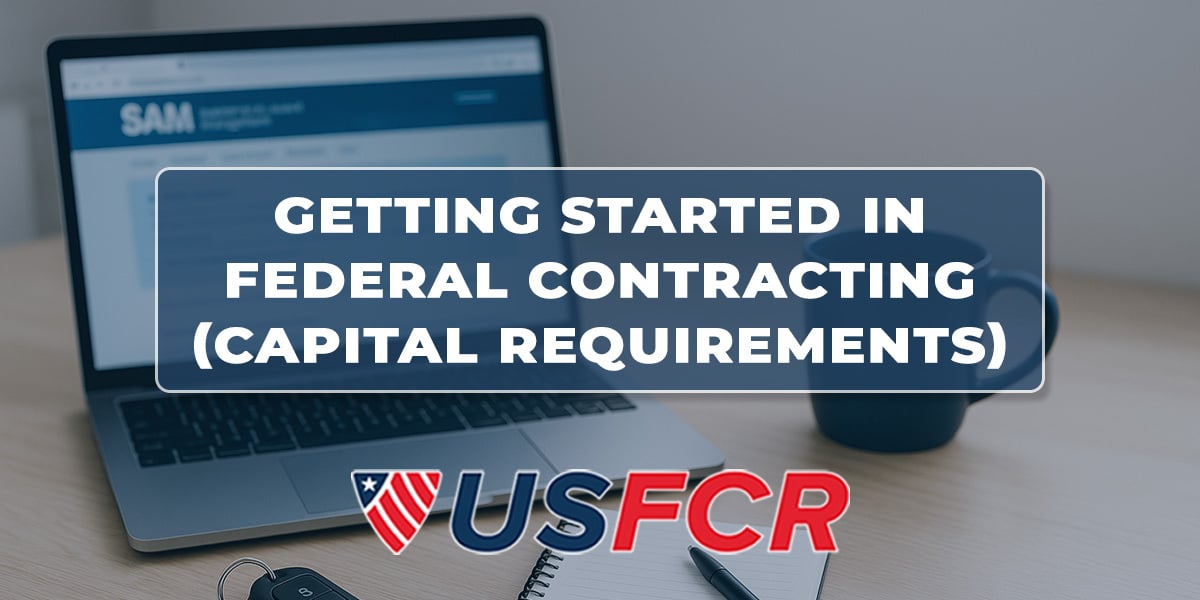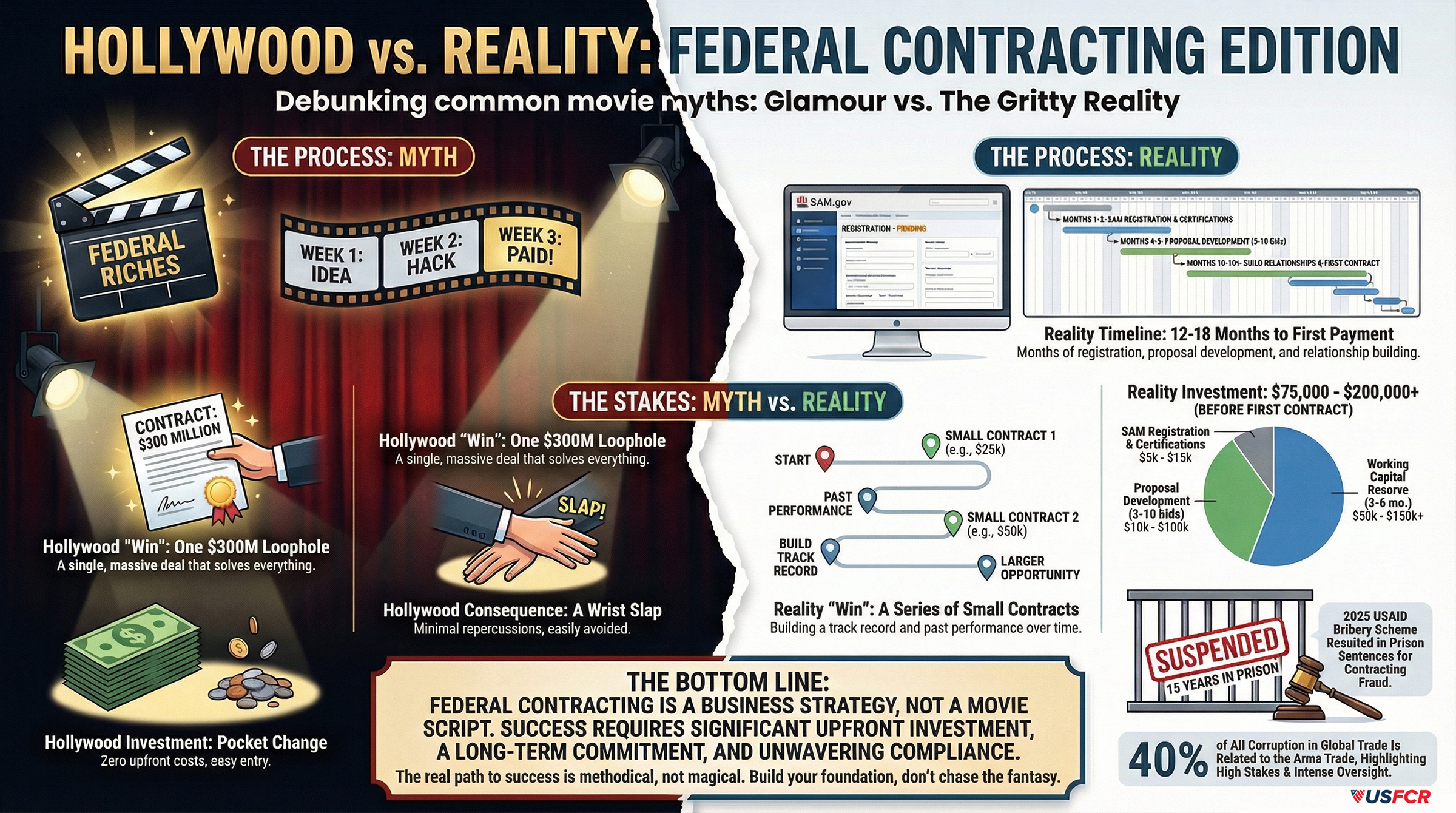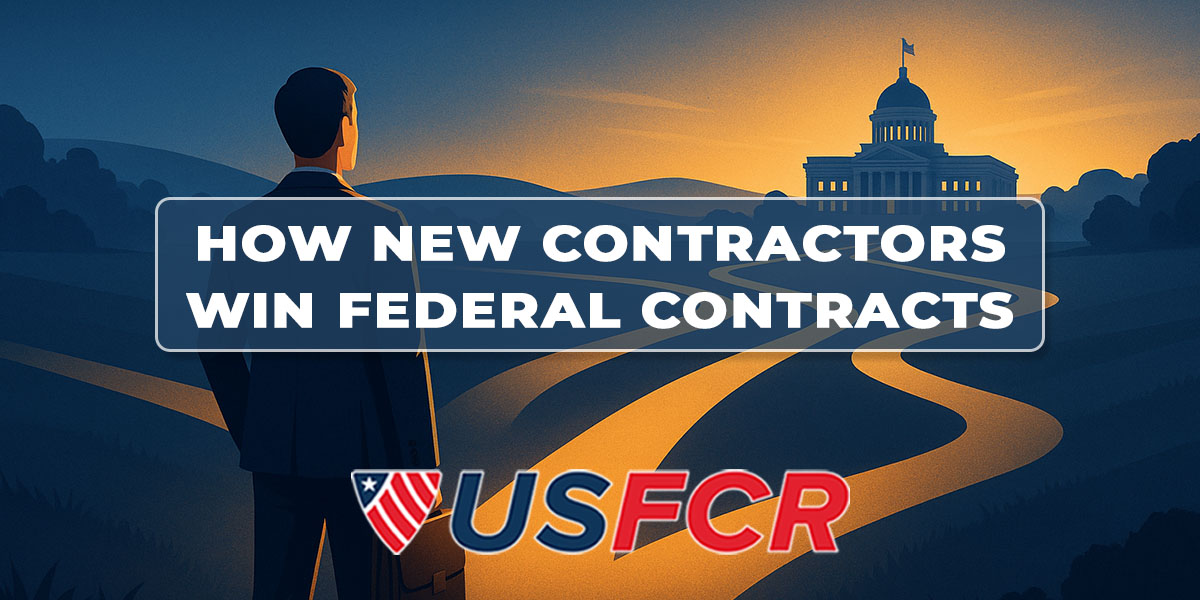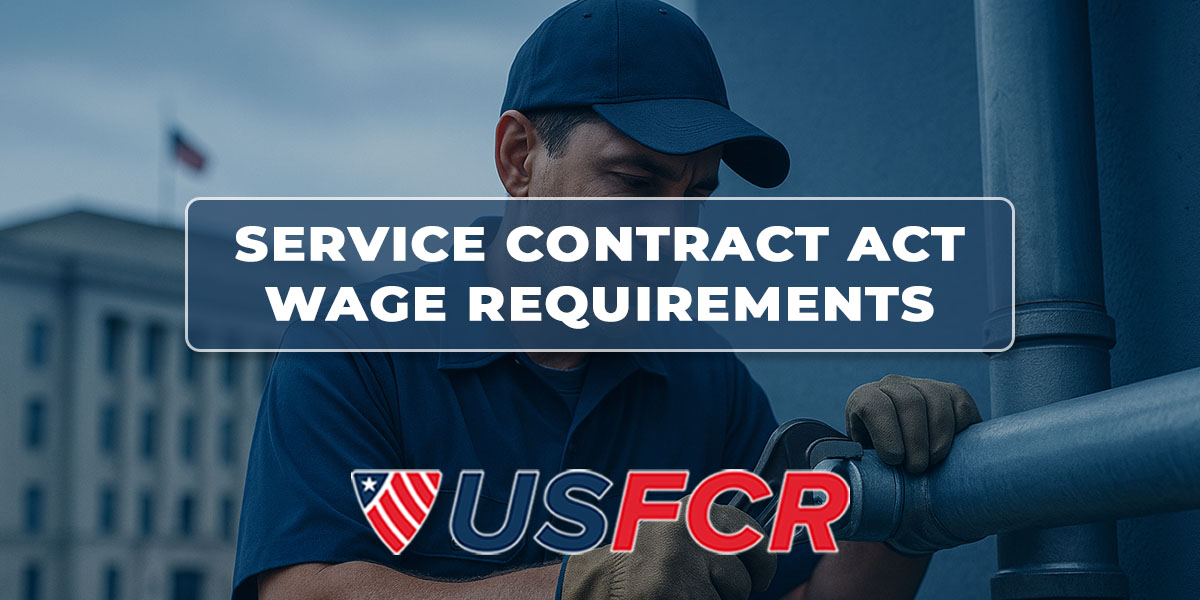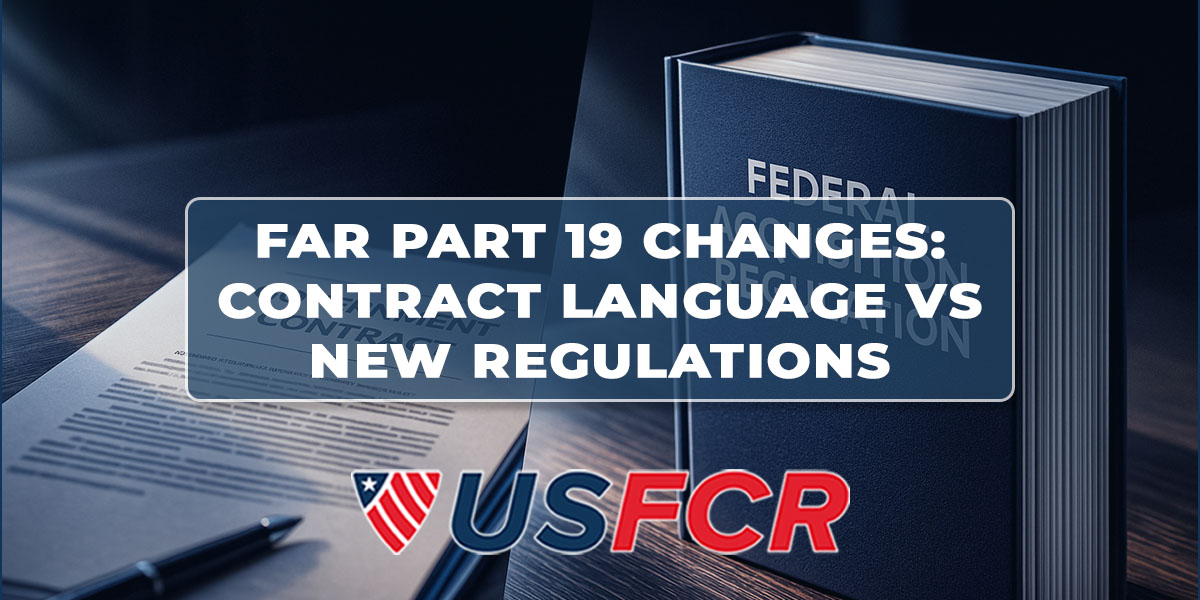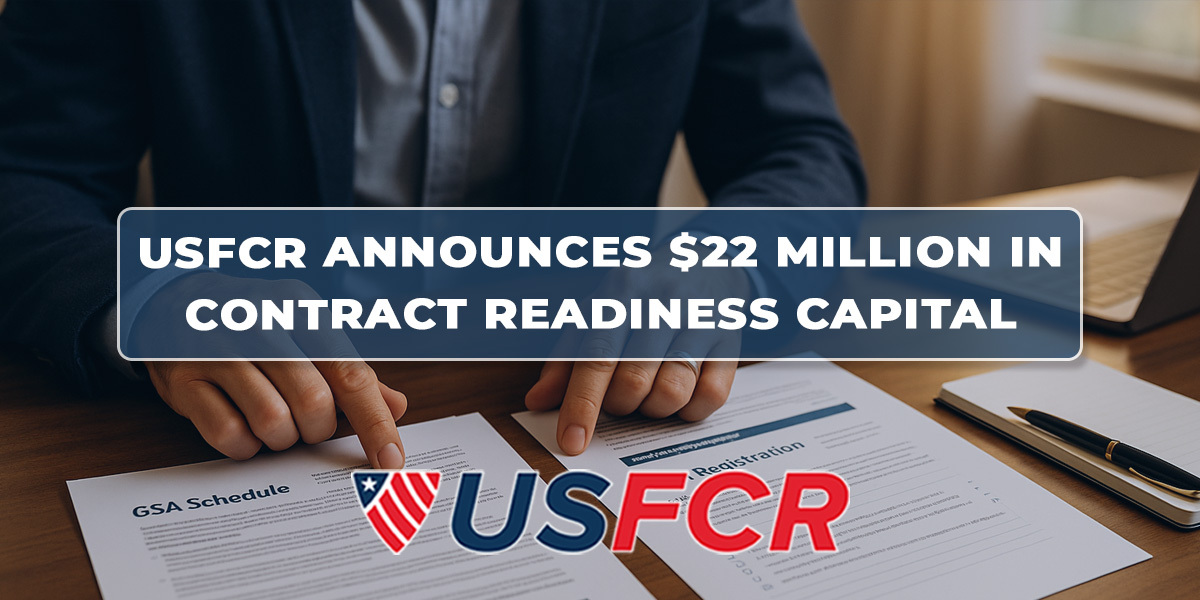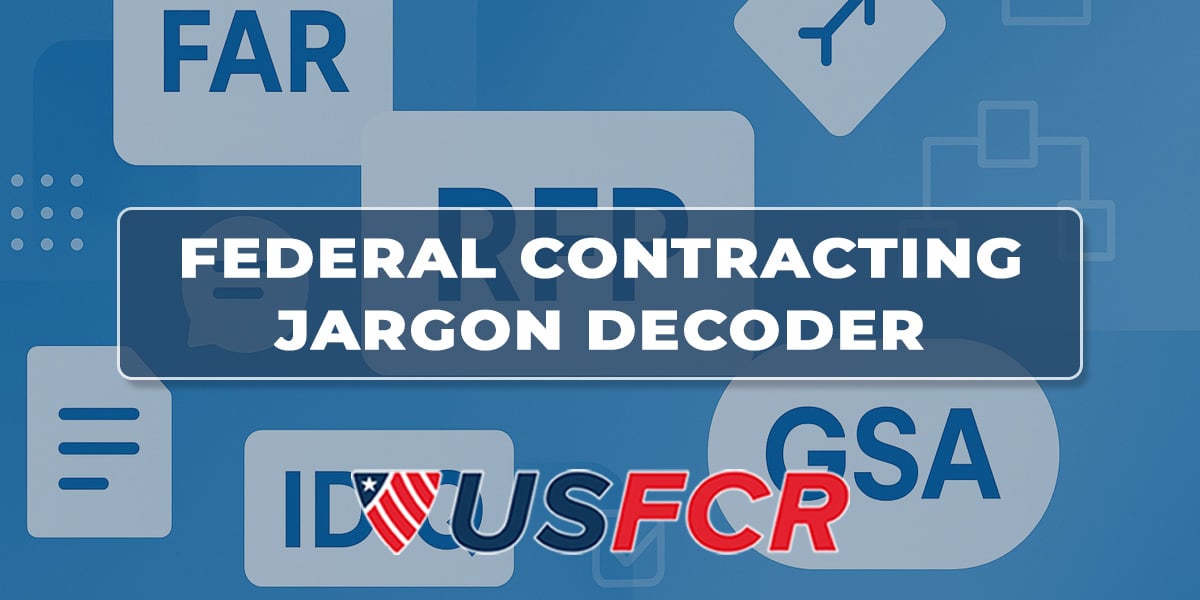You built an educational app that works. Students are learning, teachers are engaged, and your product reviews speak for themselves. Now you're wondering if there's a government market for what you've created.
EdTech Apps for Federal Education Contracts
Dec 17, 2025 9:00:03 AM / by USFCR posted in cmmc, Industry-Specific Contracting
You've been hearing about "reshoring" for years now. Mostly abstract policy talk. Press releases about semiconductor plants in Arizona. Maybe some vague references to supply chain resilience that sound good in speeches but don't connect to your actual business.
Then you try to figure out what it means for federal contractors, and the picture gets murkier. Is this just political messaging? Or is something actually changing in how DoD buys things?
Here's what we've learned from helping over 300,000 businesses position for federal contracting success: Something real shifted in 2025. And it creates openings for contractors who understand what's actually happening beneath the headlines.
You've heard that the federal government is the largest buyer of goods and services in the world. You've seen the contract award announcements. You've wondered if your business could get a piece of that market.
You watched War Dogs. Or maybe Lord of War. Or you caught The Pentagon Wars on a late-night streaming binge. Now you think you understand federal contracting.
Here's the problem: Hollywood has been telling stories about government contracts, arms deals, and defense procurement for decades. Some of it is surprisingly accurate. Most of it will get you arrested, bankrupt, or both if you try to replicate it.
Federal contracting isn't about finding loopholes, bribing officials, or stumbling into million-dollar deals through dumb luck. It's about systematic capability building, compliance infrastructure, and strategic positioning. But you wouldn't know that from watching movies.
Let me walk you through what Hollywood gets right, what it gets catastrophically wrong, and what federal contracting actually looks like in 2025.
Past Performance Requirements: How New Contractors Actually Win Federal Contracts
Dec 1, 2025 10:30:00 AM / by USFCR posted in USFCR Academy
You've heard it a hundred times. You've probably said it yourself.
"I can't win federal contracts because I don't have past performance. And I can't get past performance without winning federal contracts."
It sounds like an unbreakable loop. A catch-22 that keeps new businesses locked out of a $700 billion federal marketplace while the same established contractors win the same contracts year after year.
Here's what nobody's telling you: that narrative is wrong.
Service Contract Act Wage Requirements: What Subcontractors and Workers Need to Know
Nov 26, 2025 9:15:00 AM / by USFCR posted in News, Subcontracting & Teaming
You landed a job through a private company doing maintenance work on a federal site. Your employer says they set their own pay rates. The guy working next to you, a federal employee doing similar work, makes significantly more.
FAR Part 19 Changes: Contract Language vs New Regulations
Nov 25, 2025 10:00:01 AM / by USFCR posted in Registration & Compliance Management
You're sitting on a solid IDIQ contract awarded two years ago. Your company's grown since then (congratulations, by the way). Now you're looking at a task order under that same contract, and you're wondering: do the new FAR Part 19 recertification rules apply to you? Or does your original contract language protect your small business status through the life of the IDIQ?
USFCR Announces $22 Million in Contract Readiness Capital for Small Businesses
Nov 24, 2025 1:16:58 PM / by USFCR posted in News, Federal Spending
USFCR just announced $22 million in Contract Readiness Capital at the Defense Leadership Forum's Navy and Coast Guard Contracting Summits. The program removes the biggest barrier keeping small businesses from federal contracting success: the upfront investment required to get contract-ready.
Prime vs. Sub: Finding Your Path Without Set-Aside Certifications
Nov 24, 2025 11:59:59 AM / by USFCR posted in News, Subcontracting & Teaming
You've done your research on federal contracting, and everywhere you look, it seems like the door is only open to businesses with 8(a), WOSB, HUBZone, or SDVOSB certifications. You scroll through SAM looking at opportunities, and half of them are set aside for categories you don't qualify for. It's easy to feel like you're standing outside a party you weren't invited to.
Then you join a federal contracting project, and suddenly everyone's speaking a different language. Your PM talks about "FFP contracts under a MAC IDIQ" and "the CO needs your COR to approve the CDRL before the CLIN can close." You nod along, hoping context will make it clear.
It doesn't. And now you're in a meeting where understanding the procurement language actually matters to your work.
Here's your decoder. Not every federal contracting term exists (there are hundreds), but these are the ones technical professionals actually need to understand to work effectively on federal projects.
